At the end of every year, I plot out the coming year using an electronic calendar and a paper one. Year after year, I’ve always enjoyed marking in birthdays of friends and family, putting in all my anticipated speaking engagements and birding trips, and thinking how tidily the new year is shaping up.
There’s some darkness during these annual rituals, and that seems to increase as I grow older. Do I still write in my big brother’s birthday for 2017 when he died at the end of 2015? I lost three beloved aunts and two uncles in 2014, and one aunt in 2015. Leaving blank spots on their birthdays seems somehow even worse than writing them in. Calendars are a reminder both of what we think we can predict and manage in our lives, and of how very much life is unpredictable and unmanageable.
Birds don’t need planners or calendars. They’re hatched, so they technically don’t even have birthdays, and all their social engagements and other responsibilities happen organically, tied to day length, weather conditions, hormonal levels, and other things they feel in their bones. Their planning calendars are programmed into their bodies in a way no Apple Watch, smart phone, or Day Timer planner will ever do for us mere humans.
My paper calendar has space for appointments scheduled for the following year. When I got my 2017 calendar, I wrote in dozens of speaking engagements worked out many months before 2017 even began. I also wrote in a 2-½ week trip to Costa Rica for July. My plane tickets give a tangible certainty to the anticipation.
Of course, planning so far ahead is a bit presumptuous, and that presumptuousness grows as we get older. My heart attack in February 2015 was pretty clear evidence that plans can go awry in an instant, though as luck and my calendar would have it, I only had to postpone one small event. But still—at what point in a person’s life does one stop buying plane tickets seven months in advance? No chickadee would ever do that—any day can be its last.
Long-term planning isn’t something that makes sense for chickadees, but neither is pessimism. They wake up each morning, do what needs to be done to stay alive and healthy, react to sudden setbacks and unanticipated good fortune with appropriate responses, cache food against future shortages, and keep on keeping on. Even with all the optimism and all the constraints that a tightly scheduled planning calendar represents for us, a chickadee’s approach to day-to-day living is pretty sound.
On Friday I got some news that put my 2017-planning calendar into a tailspin: a positive biopsy after a suspicious mammogram. Breast cancer may or may not shorten my life—that seems like one of the looming questions my diagnosis represents, but cancer does not lessen the likelihood of a freak accident or another heart attack or other surprise event killing me first. And my specific form—a papillary carcinoma that is hormone receptive and not particularly aggressive—makes dying of it pretty unlikely even in the long term.
At this point, fears of mortality aren’t darkening my horizon—in that way, I’m pretty much reacting as a chickadee might. The oldest Black-capped Chickadee that we know about, a banded Minnesota bird, was alive and healthy when captured and released when it was at least 11 ½ years old (and possibly even older—it was an adult when originally banded). Most chickadees live much shorter lives than that, but they never wake up with fears of mortality crowding out their enjoyment of breakfast and the pleasures of preening in a patch of sunlight and singing or listening to that wonderful “Hey, sweetie!” song on a bright blue February morning.
At this point, my Costa Rica trip isn’t in jeopardy, but I’ll have to cancel many closer events to fit in surgery and radiation treatments. Suddenly my 2017 calendar isn’t as cut and dried as it seemed just a week ago, and I have many more question marks than certainties about how the next few months will unfold.
But when it comes down to it, question marks can be more liberating than unyielding plans. A chickadee’s whole life is filled with question marks, but she doesn’t focus on looming, dark possibilities when bright possibilities are just as likely. That’s why I look to chickadees when I’m negotiating tricky times. Their pure whistled songs ringing in my February mornings are all the proof I need that no matter what, there is beauty to be found right this very moment, as long as I can keep my eyes and ears open to it.
Laura Erickson
Laura Erickson, 2014 recipient of the American Birding Association’s prestigious Roger Tory Peterson Award, has been a scientist, teacher, writer, wildlife rehabilitator, professional blogger, public speaker, photographer, American Robin and Whooping Crane Expert for the popular Journey North educational website, and Science Editor at the Cornell Lab of Ornithology. She’s written eight books about birds, including the best-selling Into the Nest: Intimate Views of the Courting, Parenting, and Family Lives of Familiar Birds (co-authored by photographer Marie Read); the National Outdoor Book Award winning Sharing the Wonder of Birds with Kids; 101 Ways to Help Birds; The Bird Watching Answer Book for the Cornell Lab of Ornithology; and the National Geographic Pocket Guide to Birds of North America. She’s currently a columnist and contributing editor for BirdWatching magazine, and is writing a field guide to the birds of Minnesota for the American Birding Association. Since 1986 she has been producing the long-running “For the Birds” radio program for many public radio stations; the program is podcast on iTunes. She lives in Duluth, Minnesota, with her husband, mother-in-law, licensed education Eastern Screech-Owl Archimedes, two indoor cats, and her little birding dog Pip.
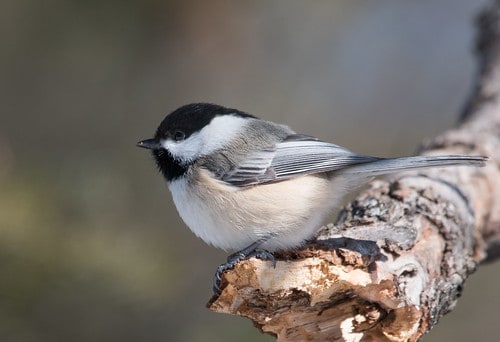
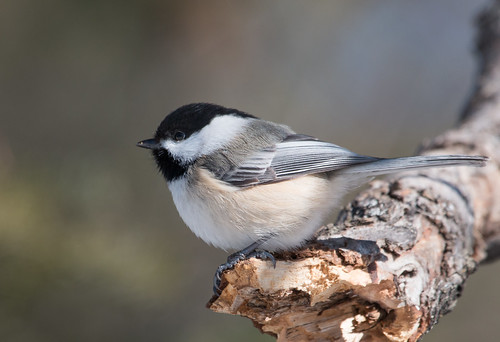
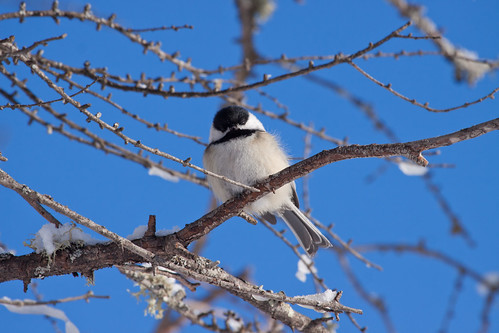
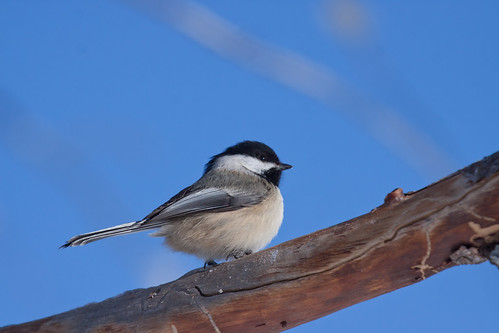
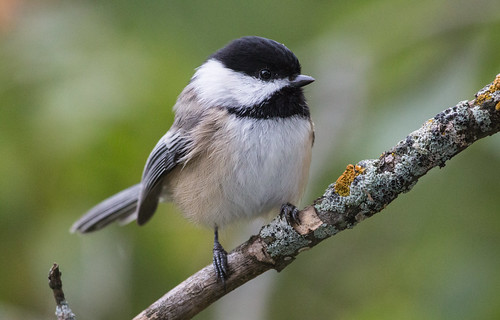
Leave a Reply